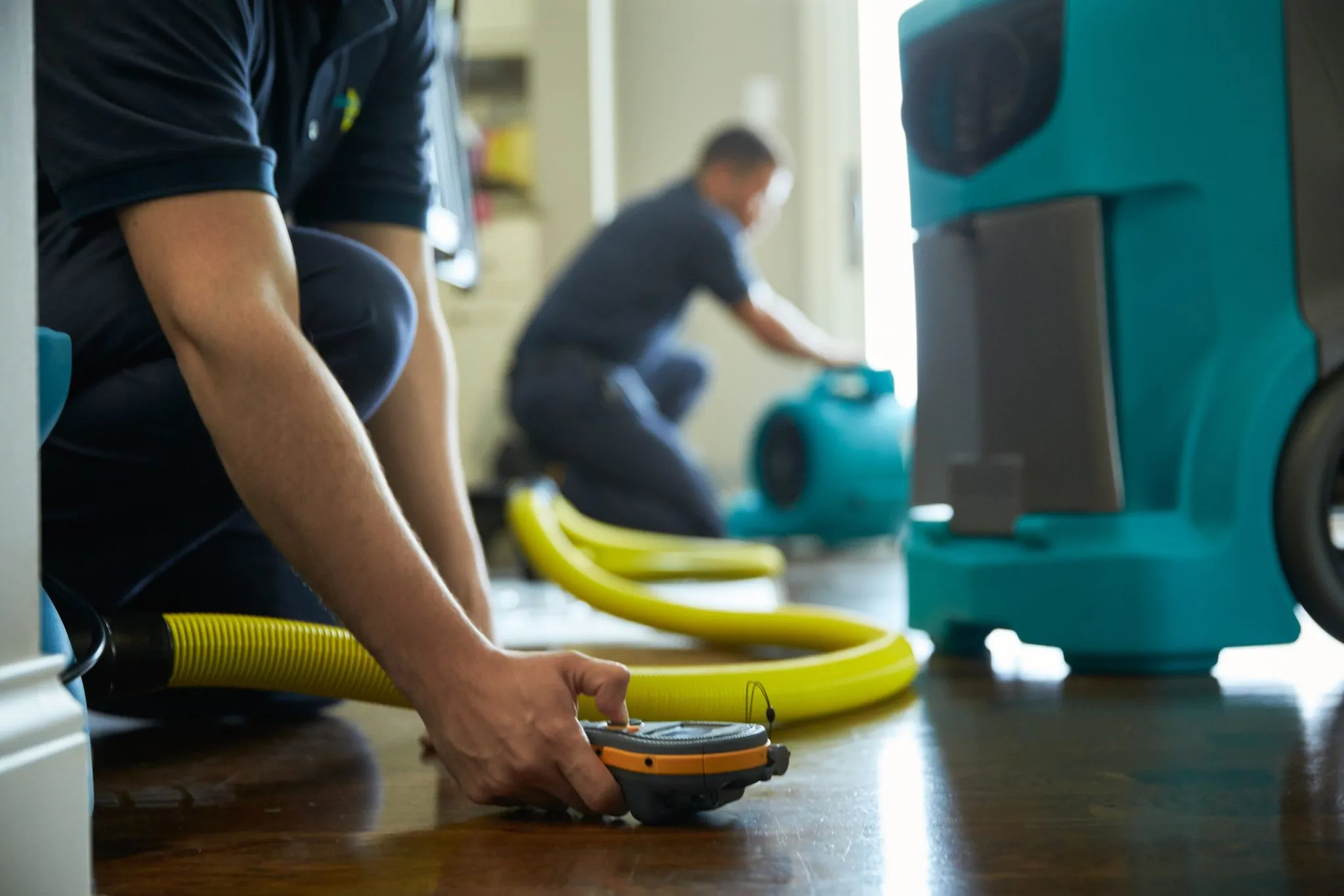How to improve your memory
The ability to remember is something that most of us take for granted. We use our memory to recall phone numbers, birthdays, and even what we had for dinner last night.
But new research shows that there are simple ways to sharpen your mind, including one that you can do in less than ten minutes. Online funny quiz questions are one way to improve your memory.
So there you have it – some tips on how to improve your memory. Give them a try and see if they work for you:
Get organized.
Organizing your workspace is the first step to better memory. Your workspace should be clutter-free and organized for you to easily find what you need, when you need it. Here are some tips for getting organized:
- Clean up any piles of papers or objects on your desk. It’s best to keep just a few things on the surface of your desk at any time, so that you can see what they are without having to dig through anything else. If necessary, move things from piles into boxes, and then store those boxes in another part of the room (or in another room altogether).
- Keep files and folders sorted by topic or project name under one folder labeled “Files.” For example, if you’re working on two projects (Project A and Project B) that share many images related to each other, place these images inside folders named “Project A” or “Project B,” respectively, and file those folders under one parent folder entitled “Files.” This will help prevent confusion later when searching for particular files within larger collections.
Are you getting enough sleep?
At the top of the list is sleep. It is well-known that getting enough quality sleep is crucial for memory. However, most people find it difficult to get enough sleep. The average person needs around eight hours per night; however, many adults are getting less than this amount due to stress and a busy lifestyle.
If you find yourself constantly tired or struggling with memory problems, you may not be getting enough restful sleep. If you have trouble sleeping or wake up frequently during the night, there are some things you can do to improve your quality of rest:
- Make sure your room is dark and quiet before going to bed
- Don’t eat too close to bedtime; avoid caffeine for at least four hours before retiring for the evening (and alcohol should be avoided completely)
- Establish a regular routine so that your body knows when it should begin preparing itself for slumber
Eat brain-boosting foods.
The food you eat can have a big impact on your memory. Here are some of the best brain-boosting foods:
- Omega-3 fatty acids. Fatty fish, nuts, and seeds are all rich in omega-3 fatty acids. This can help reduce inflammation that can lead to poor concentration, mood swings and weight gain (all things that hurt your memory).
- B vitamins. Most people don’t get enough of this vitamin group, it’s needed for good nerve function as well as energy production (for keeping those neurons firing). Some good sources include bananas, beans, lentils and whole grains like brown rice or quinoa. Vitamin B12 is found in animal products, so if you’re vegetarian or vegan make sure to supplement with this one.
Don’t skip the gym.
You should also try to keep the mind active by reading, writing, and learning new skills. We know that exercise improves blood flow to the brain and may help with cognitive function. Exercise has been shown to improve memory in older adults who have been diagnosed with dementia or Alzheimer’s disease.
Exercise has also been proven to help reduce stress levels, which in turn can lead to better sleep patterns and lower anxiety levels, all of which are great for your memory.
Play memory games.
Memory games are a fun way to exercise your brain and give it the workout it needs to build new connections, which will improve your memory skills. There are lots of different types of memory games, so try them all and find out what works best for you. Some examples include:
- Memory Puzzle Games – These involve remembering things by looking at them for a short period of time and then trying to recall those items later on (e.g., matching pairs). This type of game helps with both visual and spatial skills as well as mental agility.
- Brain Teasers – These involve problem-solving skills and an analytical approach, but they also rely heavily on attention span and concentration levels too.
Use mnemonic devices.
Mnemonic devices are memory tricks that help you commit information to memory. They can be used for a wide range of things, from memorizing the 50 states in alphabetical order to remembering the name of a new colleague at work.
Here are some examples of mnemonic devices:
- Rhymes and acronyms, For example, “In fourteen hundred and ninety-two, Columbus sailed the ocean blue.” You might remember this year as 1492 because it’s easy to visualize Columbus sailing across an ocean (blue) on his ship (sailed the ocean).
- Visual images, If you’re trying to remember what color your car is, imagine yourself driving down a street with lots of trees on both sides and seeing all kinds of colors reflected off their leaves onto your vehicle’s windows; then pick out one particular hue that stands out from all others. That’s probably what your car looks like.





